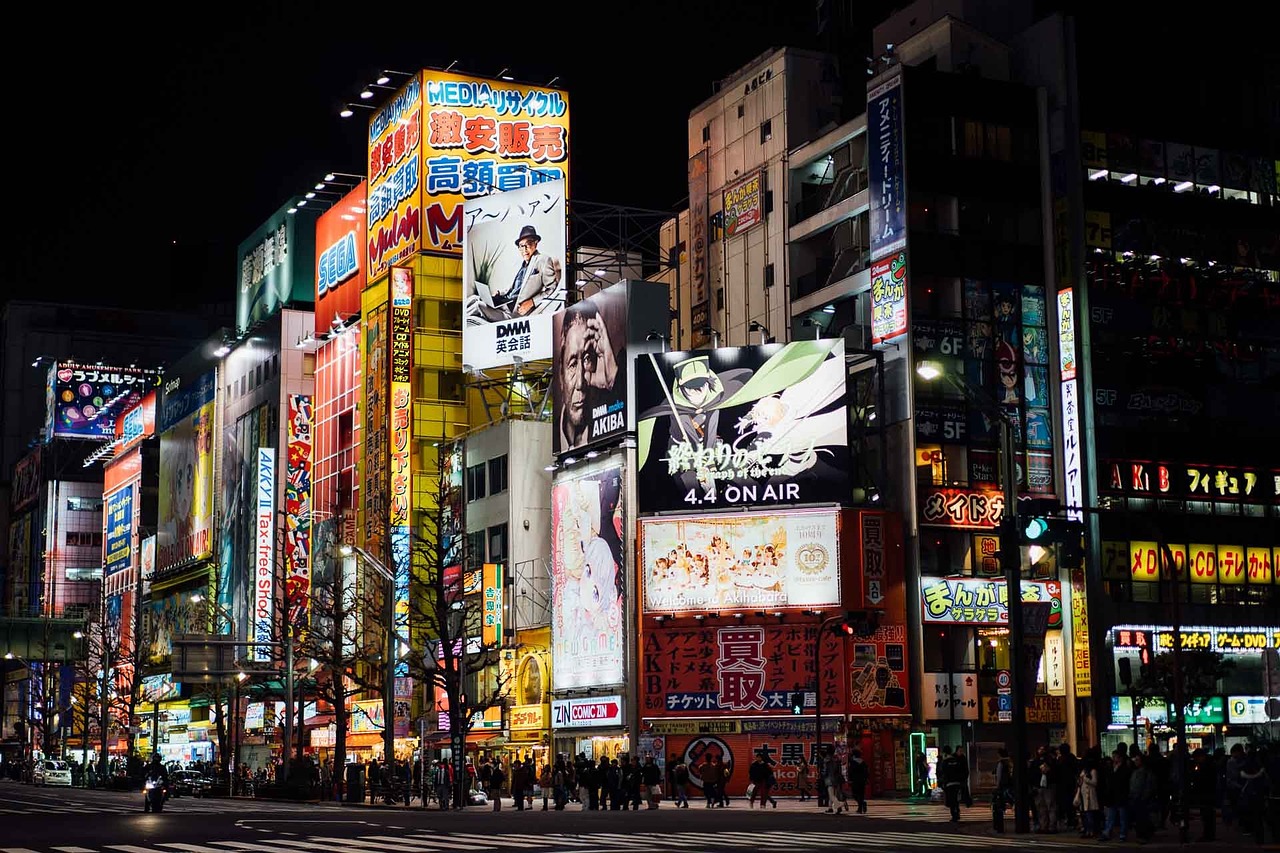![]() Proverbs ことわざ(諺)
Proverbs ことわざ(諺)
Like all languages, the Japanese language has many “proverbs” or sayings included in it. You may have learned some of them in the past, including the proverb 「いしのうえにも さんねん」This literally means “On a stone for three years” but the proverb meaning is that if you sit on a stone for three years, even a cold stone will eventually warm up. Proverbs are often difficult to translate and understand the true meaning of because they often don’t really translate literally and they don’t always reflect the FULL meaning in the words used for them.
Listen to this proverb and see if you are able to understand what it really means as a proverb:
ごうにいっては、ごうにしたがえ
〔郷に入っては、郷に従え〕
We have a similar saying in English. Do you know what it is? When in Rome, do as the Romans do.
Do you know other proverbs and sayings like this in Japanese?
Here are a few examples. Practice saying them and see if you can figure out how the Japanese and English meanings are related (and what the real “point” of each saying is).
- さるも きから おちる〔猿も木から落ちる〕
Even monkeys fall from trees. (Main Theme: Everyone makes mistakes)
- でるくぎは うたれる(出る釘は打たれる)
A nail that sticks out needs to be hammered down. (Main Theme: Conformity)
- せんりのみちも いっぽから〔千里の道も 一歩から〕
A journey of a thousand miles starts from the first step. (Main Theme: A step at a time)
![]() Present Progressive Verbs
Present Progressive Verbs
You have studied “present progressive” verbs in Japanese in the past in many places with many verbs, and you will add two more verbs to that list here. Remember that present progressive verbs indicate that the action of the verb is “happening right now” or is “ongoing”. This uses the て Form of verbs with います added after it. Be sure to review the examples below that you have learned before, and then you will apply this verb form to describing when things like stores are “open” or “closed” with two new verbs.
This present progressive form of verbs is used quite a bit in Japanese and you can find ways to use it with most of the verbs you have learned and will continue to learn as you study in Japanese. All you have to do is conjugate the verb into its appropriate て form and then add います after it.
Here are some verbs in plain/dictionary, regular formal, and present progressive forms that you have studied in the past:
たべる (To Eat) 食べます (Will Eat) たべています(Am eating…right now)
はなす(To speak/talk)話します(Will speak/talk)話しています(Am talking/speaking…right now)
たいくつする、退屈する(To be bored)退屈します(Will be bored)退屈しています(Am bored right now…)
すむ、住む(To live at)住みます(Will live at)住んでいます(Am living at….ongoing)
The new verbs in this Unit—あいています and しまっています—refer to something (like a store) being "open" or"closed" and they work in the same way to indicate that it is an “ongoing” situation (It’s open right now or for the rest of the day versus It’s closed right now and for the rest of the night, for example).
あく、開く(To be open) 開きます(Will Open)開いています(Is open…right now and ongoing)
しまる、閉まる(To be closed)閉まります(Will Close)閉まっています(Is closed…right now and ongoing)
Here are some additional examples of verbs in the present progressive form that you may or may not have studied at this point in your Japanese studies. See if you can determine the correct present progressive form for each, and then click each link to see the correct answer.
| おなかがすく(お腹が空く)To be Hungry | お腹が空いています Is Hungry (right now) |
| のどがかわく(喉が渇く)To Be Thirsty | 喉が渇いています Is Thirsty (right now) |
| おこる(怒る)To Be Angry | おこっています(怒っています)Is Angry (right now) |
| だんけつする(団結する)To unite | だんげつしています(団結しています)To be united (right now and/or ongoing) |
![]() Writing Practice
Writing Practice
Here is some additional practice for using the Present Progressive/Ongoing verb form (the てform + います). Practice both the meanings of the verbs and their properてform.
Click each link to see the correct response.
| The boy is tired. | おとこのこ(男の子)はつかれています(疲れています)。 |
| The girl is tired. | おんなのこ(女の子)は疲れています。 |
| The woman is hungry. | おんなのひと(女の人)はおなかがすいています(お腹が空いています)。 |
| The teacher is irritated. | せんせい(先生)はイライラしています。 |
| My parents are thirsty. | りょうしん(両親)はのどがかわいています(喉が渇いています)。 |
| The man is angry. | おとこのひと(男の人)はおこっています(怒っています)。 |
| The nation is united. | くに(国)はだんけついます(団結います)。 |
| Students are bored. | がくせい(学生)はたいくつしています(退屈しています)。 |
| The store is open. | みせ(店)はあいています(開いています)。 |
| The department store is closed. | デパートはしまっています(閉まっています)。 |
![]() Akihabara あきはばら(秋葉原)
Akihabara あきはばら(秋葉原)
 Akihabara あきはばら(秋葉原)is a district in central Tokyo that is famous for its many electronics shops. In recent years, it has also gained fame as a center of the gaming, manga and animation culture. A major redevelopment of Akihabara Station and its surroundings is was recently completed giving Akihabara a new face.
Akihabara あきはばら(秋葉原)is a district in central Tokyo that is famous for its many electronics shops. In recent years, it has also gained fame as a center of the gaming, manga and animation culture. A major redevelopment of Akihabara Station and its surroundings is was recently completed giving Akihabara a new face.
Hundreds of electronics shops of various sizes can be found around Akihabara Station and along Chuo Dori ちゅうおどり(中踊り). The shops offer everything from the newest computers, cameras, televisions, mobile phones and home appliances to second-hand goods and electronic junk.
A few major stores, such as Ishimaru Denki, Sofmap and Laox operate multiple branch stores mainly along the main roads, while many smaller shops can be found in the narrow side streets.
In addition to conventional stores, various other animation related establishments have appeared in the area, such as cosplay ("costume play") cafes, where waitresses are dressed up like anime characters, and manga kissaten ("comics cafes"), where customers can read comics, watch DVDs and surf the internet. (Japan-Guide)
Image: Akihabara, Tokyo, Japan. Pixabay License
![]() Graded Assignments
Graded Assignments
Please return to the Section 2 Tasks & Assignments folder to complete the graded assignments for Section2, Part B.

© 2006 Aventa Learning. All rights reserved. Updated 2018-2019, DVHS.
